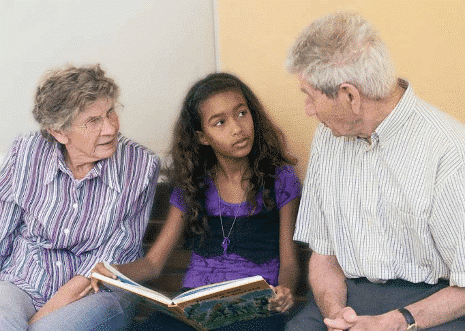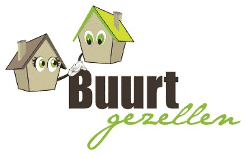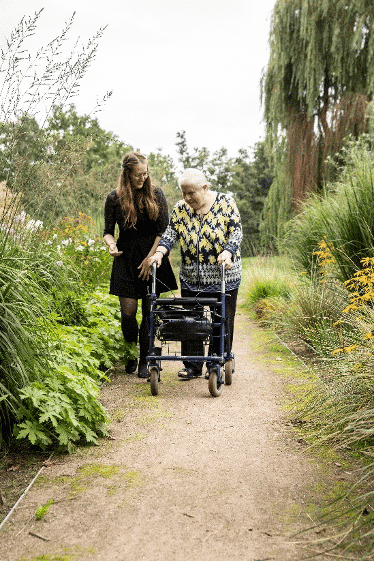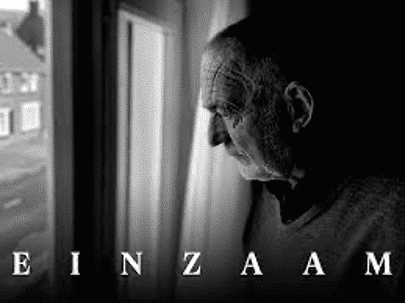Freunde alter Menschen e.V. Visiting partnerships between young and old
Nobody wants to live alone and isolated. But this is exactly the sad reality for many very old people. For mobile and mentally fit people, there are various ways to establish social contacts. For old people, who are often no longer so mobile, this is more difficult. For them, professional carers or assistants are often the only contact with the outside world. There is usually no time for a conversation, a walk or for things that make life more human and warmer.
The german association Freunde alter Menschen e.V. has set itself the mission to save old, lonely people from loneliness and isolation. They create social contacts and personal encounters so that hope and joy of life can return. A central component of the commitment are visiting partnerships, which have so far been arranged in Berlin, Hamburg, Cologne, Frankfurt am Main and Munich. Volunteers of the association regularly visit an older person at home or in a nursing home. Often, friendships develop that last a lifetime. The commitment focuses on people who are often older than 75, live in isolation and are no longer as mobile. Freunde alter Menschen e.V. is part of an international volunteer organization.
Read more about this good practice. For more information, please email info@famev.de.






